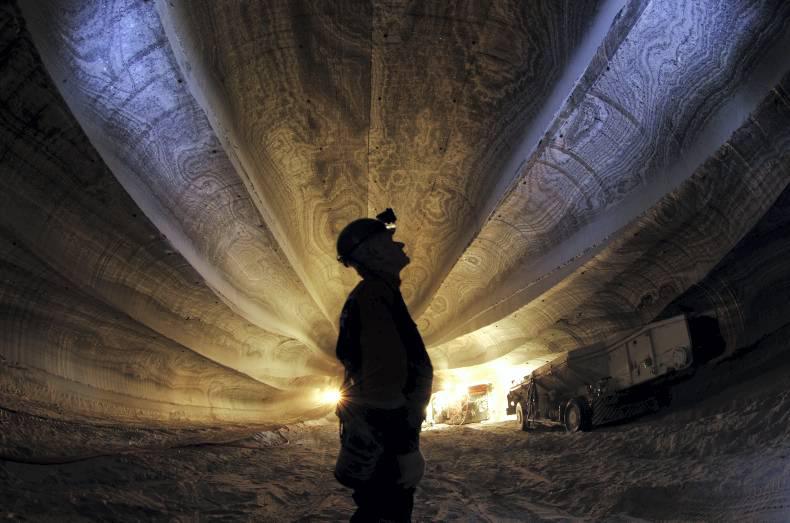Uralkali, the Russian potash giant, has announced it will de-list from the London stock exchange by the end of the year after spending more than €2.8bn this year buying back shares from investors. Uralkali says the reason for de-listing from the London exchange is due to the low liquidity of its global depository receipts (GDRs), which are a proxy for shares.
Uralkali is also listed on the Moscow stock exchange and added it would begin to repurchase up to 6.5% of its stock from the market by the end of March 2016. If Uralkali’s free float of shares (those available for purchase) were to fall below 10% after this round of share repurchases, the group said it could be forced to de-list from the Moscow exchange also, effectively making it a private company.
The news of Uralkali’s de-listing from the London exchange came as the group announced a 9% drop in third-quarter revenues to the end of September 2015 of $819m. The group said that potash production to date was down almost 5% year-on-year to 8.7m tonnes, while sales volumes were down 8% year-on-year.
The global fertiliser market has been plagued this year due to a combination of weak global economic growth and reduced supply discipline from producers.
Weakened demand
Uralkali said that weakened demand in key markets has affected both production volumes and sales in the year to date. In Brazil, one of these key markets, potash imports, were down 10% year-on-year to 6.3m tonnes.
Uralkali said buying activity from Brazilian farmers was relatively weak in the third quarter, normally a period for strong demand.
Difficulties obtaining finance meant that Brazilian farmers preferred to purchase according to their immediate needs.






 This is a subscriber-only article
This is a subscriber-only article










SHARING OPTIONS: